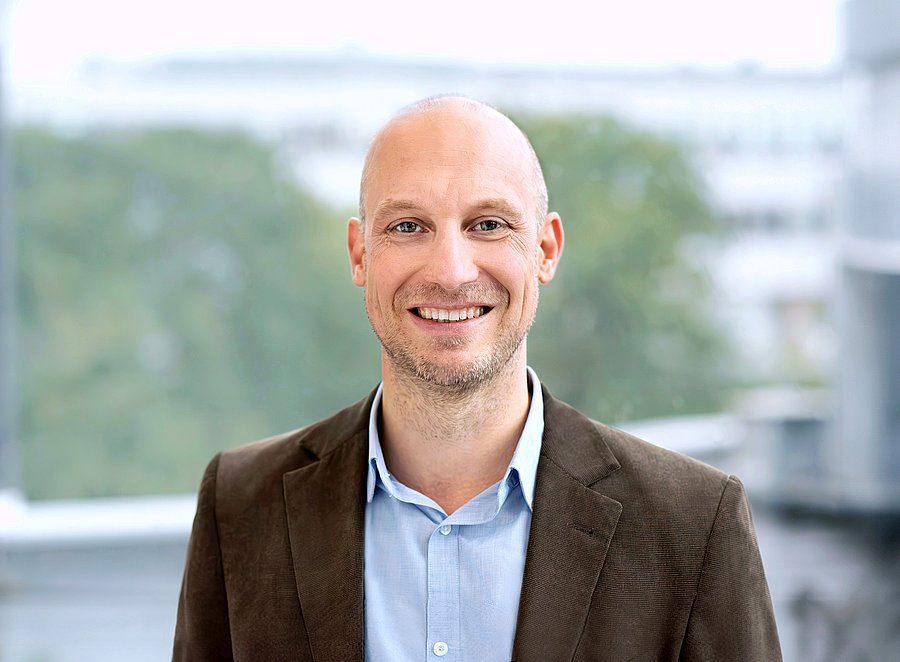New in Wuppertal
People at the centre: How Meinald Thielsch is shaping the future of work and the environment

Prof Dr Meinald Thielsch // Photo Friederike von Heyden
"We are convinced that we cannot just reactively address the current challenges and changes in work and society with specialised personnel. We should all take a proactive approach to dealing with stress and crisis situations - individually and at the level of teams, managers and organisations - in order to strengthen our own resilience and ability to act," says Prof. Thielsch.
Optimising the training and further education of emergency services
In his focus on working teams in high-risk environments, he is concerned, among other things, with optimising the training and further education of emergency services such as the fire and rescue services. This is because training has so far focussed heavily on specialist skills and operational tactics. "There is little empirical knowledge about the necessary soft skills and strategies for developing lasting resilience, both nationally and internationally," says Thielsch. And this is of great importance in view of complex operational situations and a massively increased risk of mental illness among emergency services personnel.
In human-technology interaction, the experience and evaluation of the user, the so-called user experience, is central. Nowadays, we encounter the diversity of technical applications and information technologies in almost all areas of life and they are subject to constant change. "The central questions of my research in this area are how people perceive technology and interactive technologies, how these experiences can be captured and what consequences result from user experience for users and organisations," says the 46-year-old.
Challenges posed by climate change and conflicts
His third research focus is the topic of preparedness and resilience in a changing environment. "Our environment and the security situation have changed significantly in recent years. The consequences of climate change and armed conflicts as well as the associated migration movements are increasingly challenging society and security authorities," says Thielsch. It is not just government action and technical innovations that are important here - these developments require responses in a wide range of areas of life and at all levels, from citizens, local organisations and companies to higher-level authorities with security tasks, politics and society. "I am convinced that the human factor is decisive at each of these levels and I orientate my research accordingly," says the professor.
Meinald Thielsch studied psychology at the University of Münster, where he also completed his doctorate in 2008 and his habilitation in 2013. He worked at the Institute of Psychology there in various functions, including as head of the research network and responsible for the online platform PsyWeb, as a senior academic advisor and most recently as an adjunct professor specialising in organisational psychology and human-computer interaction.
